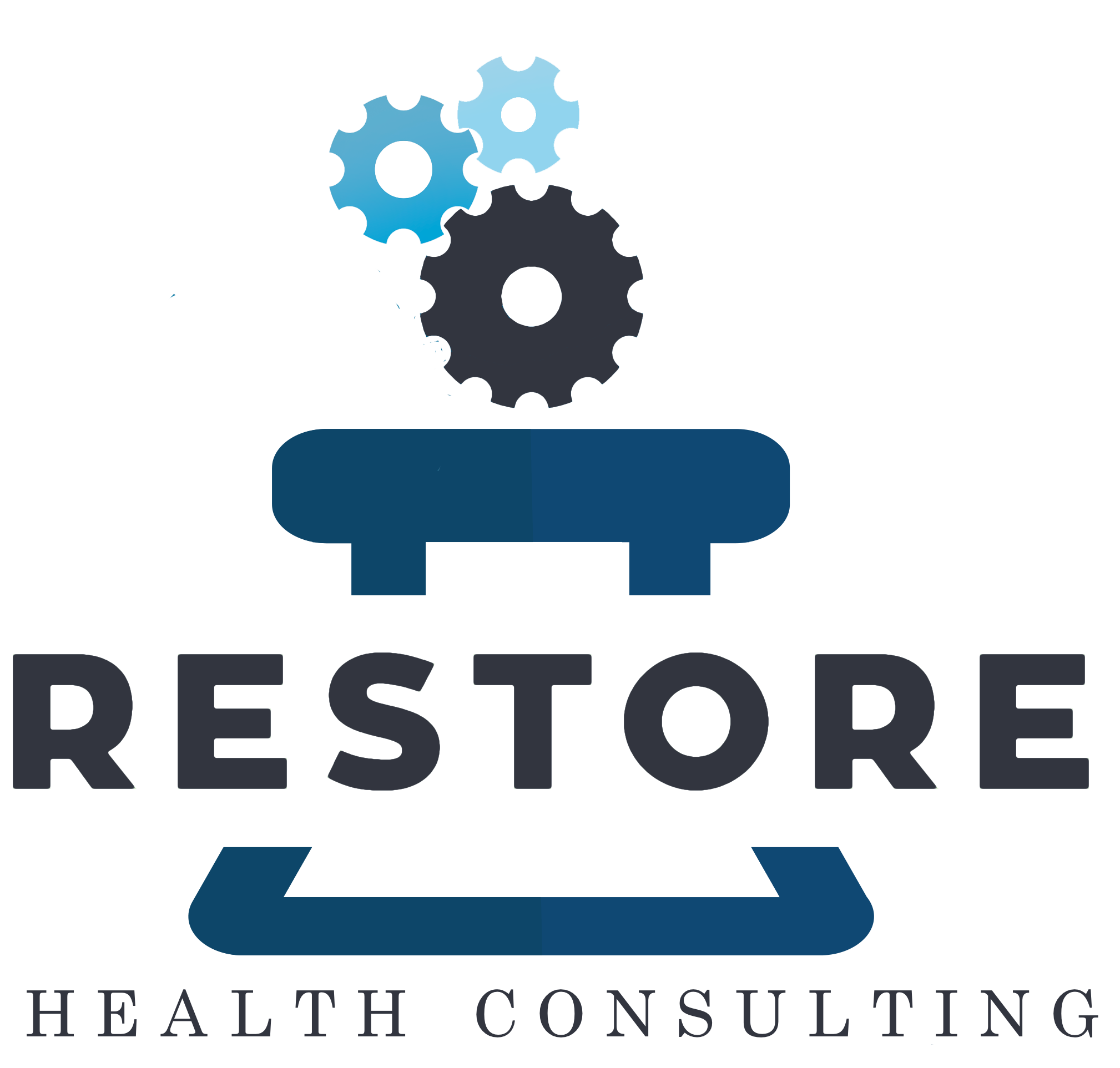Is Pharmacy Compounding a Good Business Investment?
While the practice of pharmacy used to be centered around compounding, today the majority of pharmacies do not offer this service. As independent pharmacies continue to struggle due to declining insurance reimbursements, the addition of compounding could be one way to enhance their profitability. For clarity, the average compounding-only pharmacy enjoys a net profit of around 20%, while a typical retail pharmacy may only see about 3%. Compounding pharmacies are primarily cash-based businesses that are not subject to third-party audits or DIR clawbacks. For these reasons, pharmacies may want to transition to compounding-only or at least add compounding to their mix of service offerings. So what does it take to break into the personalized medicine business?
Know Your Passion
First, you need to know who you are and who your customers are. What is your passion? What is your therapeutic specialty? What solution(s) can you provide? If you are knowledgeable and excited about veterinary medicine, for example, you need to find out if there is a need for compounded veterinary medications and what those needs are. If you do not know much about animals, then perhaps don’t start out in veterinary compounding. Begin with a specialty that you have experience and interest in (e.g., BHRT, dental, dermatology, erectile dysfunction, hospice, immunotherapy, infertility, pediatrics, drug shortages, clinical trials, home infusion, ophthalmics, etc.).
Know Your Market
After you know which specialty you plan on serving, research your market. Since compounding is for the most part a cash-based business, your target market are those patients that can afford compounds. Will you mainly serve your local area or do you aspire to serve the whole state? Knowing the demographics of your geographical target is key. Then you can research the competition in that area. If a particular area is saturated with compounders of your specialty, then perhaps that location is not your target. However, the fact that others are also compounding can give you confidence that there is a need for that specialty. In that case, there may be the same need elsewhere that is not being met.
Create a Business Plan
Next, you need to write out a business plan and secure funds. The plan outlines the market research, product mix offerings, costs to start-up (e.g., facility, equipment, materials, personnel, marketing, etc.), timeline, break-even projections, and more. A business plan is key to securing funding from a bank loan or private investors. Compounding pharmacies typically do not reach breakeven for at least 18-24 months. So capital needs to be available to cover you through the red. For the most part, companies that do not go through the business plan exercise may not end up with a successful venture, so it is advised to get your thoughts organized and investor-reviewed before you take the leap.
Market Your Business
Marketing is also a big piece to the compounding success puzzle. Most compounding-only pharmacies are not visited out of convenience (e.g., it’s not like a retail pharmacy where patients seek the closest pharmacy to their house), instead they’re usually visited out of referrals from healthcare prescribers. Hybrid pharmacies already have foot traffic and an established clinician referral base, which helps position these entities to a faster breakeven point because they can grow organically with less effort. Either way, even if you have the most amazing compounding pharmacy, patients won’t come unless they know you exist. Educating prescribers, developing a relationship with them, and having them tour your facility is one major pathway to success. A robust website and social media presence also help raise awareness of your products, price, and experience.
Stay Out of Trouble
Compounding is not for everyone. State Boards of Pharmacies and the FDA are particularly concerned about patient safety (and rightfully so). Successful compounding pharmacies are those that are constantly vigilant about quality assurance and regulatory compliance. Since the NECC tragedy, pharmaceutical compounding laws and regulations have tightened and several compounders have exited the industry. This has left room for new players to take the stage in preparing safe quality compounds that provide solutions to problems not solved by FDA approved drugs.
Other Tips for Success
Pharmacists that have prior compounding experience tend to do better than those that do not. Similarly, those savvy with leadership, inventory management, financial analysis, and regulatory compliance are more likely to be a successful owner of a compounding practice than those that do not possess those traits.
Ready to Get Started in Compounding?
The compounding business is not easy but it does come with lucrative margins. If you’re ready to break into the compounding industry, you don’t need to go it alone. Restore Health Consulting can help you conduct market research, write the business plan, design the cleanroom space and workflow, customize compounding SOPs, recommend equipment and supplies, assist in the talent search, get you ready for a regulatory audit, and obtain State Board of Pharmacy licensing.
